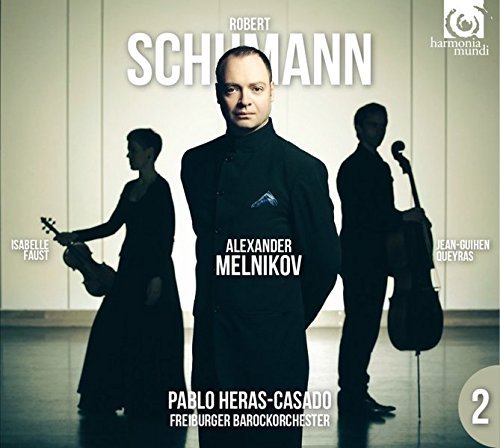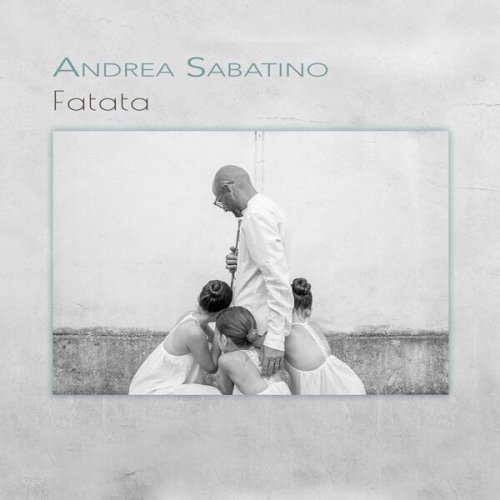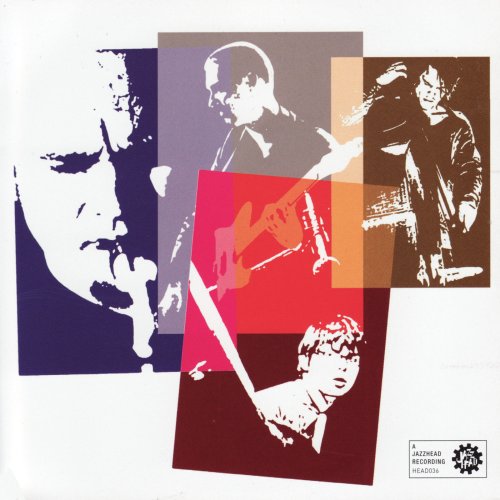Alexander Melnikov - Schumann: Piano Concerto, Piano Trio No.2 (2015) [Hi-Res]

Artist: Alexander Melnikov
Title: Schumann: Piano Concerto, Piano Trio No.2
Year Of Release: 2015
Label: HARMONIA MUNDI
Genre: Classical
Quality: 16-bit/44.1kHz FLAC; 24-bit/96kHz FLAC & booklet
Total Time: 57:49 min
Total Size: 213; 979 MB
WebSite: Album Preview
Tracks:Title: Schumann: Piano Concerto, Piano Trio No.2
Year Of Release: 2015
Label: HARMONIA MUNDI
Genre: Classical
Quality: 16-bit/44.1kHz FLAC; 24-bit/96kHz FLAC & booklet
Total Time: 57:49 min
Total Size: 213; 979 MB
WebSite: Album Preview
01. Piano Concerto in A Minor, Op. 54: I. Allegro affetuoso (14:43)
02. Piano Concerto in A Minor, Op. 54: II. Intermezzo. Andantino grazioso (4:43)
03. Piano Concerto in A Minor, Op. 54: III. Allegro vivace (12:14)
04. Piano Trio No. 2 in F Major, Op. 80: I. Sehr lebhaft (7:39)
05. Piano Trio No. 2 in F Major, Op. 80: II. Mit innigem Ausdruck (7:36)
06. Piano Trio No. 2 in F Major, Op. 80: III. In mäßiger Bewegung (5:27)
07. Piano Trio No. 2 in F Major, Op. 80: IV. Nicht zu rasch (5:27)
You knew it was coming: historical-performance Schumann on fortepianos, gut strings, small orchestral ensembles, and most of all radical revision of established expressive norms. That's what you get in this release featuring pianist Alexander Melnikov and the Freiburg Baroque Orchestra under Pablo Heras-Casado. Surely historical-performance readings that seemed bizarre in the 1990s are now taken as commonplace, but sample the Piano Concerto in A minor, Op. 54 well so that you know what you're getting into: it's unorthodox to the point of idiosyncrasy, although it does hold together. Melnikov uses the percussive quality of his small piano to the max, taking the first movement fast and the concerto's famed opening strings-and-timpani gesture even faster. He and Heras-Casado bang away at the movement's more martial passages, and they transfer the martial quality to the finale, whose dancing lilt is lost. The musicians bring something new to the music, and the small orchestral forces reveal a lot of details, but it is hard to square what you hear with Schumann's Allegro affetuoso tempo marking. There is nothing "affetuoso" at all about this. This release is part of a short series covering Schumann's compositions for piano and strings, and probably the underrated Piano Trio No. 2 in F major, Op. 80 fares better than the concerto. Melnikov's approach plays up the nervousness involved in the first movement's immediate departure from the tonic, and violinist Isabelle Faust (who along with cellist Jean-Guihen Queyras is depicted only as a rather creepy black figure in the graphics) proves an ideal foil with her cantabile style. Recommended for historical-performance buffs and pursuers of the new and different.


![Santana - Borboletta (1974/2024) [SACD] Santana - Borboletta (1974/2024) [SACD]](https://www.dibpic.com/uploads/posts/2026-01/1769789656_front.jpg)


![Vesna Pisarovic - Poravna (2025) [Hi-Res] Vesna Pisarovic - Poravna (2025) [Hi-Res]](https://www.dibpic.com/uploads/posts/2026-02/1770024886_xcr9mudmw50b1it2dr9qpqkv0.jpg)


